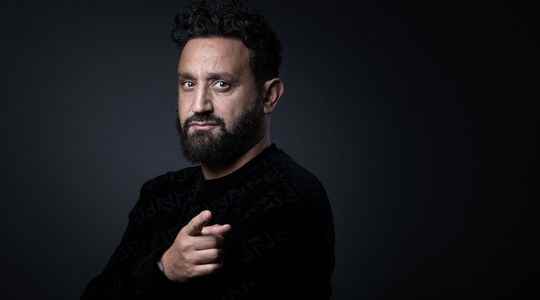In the new season of The Crown, the episode devoted to the interview with Lady Diana, on the prestigious BBC in 1995, during which she confesses the infidelity of the now Charles III and discloses the functioning of the royal family, is first of all a dive into the definitive change from educational television to entertainment television, driven by increasingly fierce competition from private channels, but also reveals the mechanism that installs the monster that devours intimacy: shamelessness and absence of hierarchy as well as rules of politeness. From now on, there is the amplification born of social networks which, to exist, need it to say everything and it screams loudly.
If reality TV was born in the early 1970s in the United States with An American Family – immersed in an ordinary Californian family following an ordinary divorce – and that America had around forty programs of the same ilk at the dawn of the 1990s, the unpublished interview of Lady Di marks the entry of European television in the gutters. The more intimate it is, the grosser it is and the more attractive it is. Lady Diana, because she was a member of a royal family which had erected discretion, obsolete decency and rigid good manners into codes, opened a Pandora’s box of which she was the first victim. Seeking public love and approval also means rallying the horde of the media to maintain interest – interest that quickly cools and has to be constantly titillated with sordid details and disadvantageous close-ups.
By choosing to stage the most mediocre common denominators of humanity, such as anger, jealousy or even denunciation, television puts itself at the service of the lowest instincts, flatters laziness, espouses the end of great hopes. I know very well that there have always been little minds simply driven by the ambition to achieve whatever the cost – Jonathan Swift has nicely summed it up: “Ambition often makes people accept the lowest functions: it’s is how one climbs in the same posture as one crawls”.
The political world has become a vast reality TV
But there are fewer and fewer young people who dream of banal greatness: doctor to treat, lawyer to defend, politician to serve (or for History, let’s be honest!), soldier to protect, journalist to inform, teacher to instruct , poet for beauty, writer for freedom, etc. And more and more who project themselves as influencers – which mainly consists of being seen. “Showing” has replaced “doing” and has contaminated everything, first and foremost politics. It is no longer a question for a politician of doing but of to show what he does. Thus, La France insoumise, by refusing the compromise which could allow a notable and welcome improvement in the condition of those they claim to defend, chooses instead to give the spectacle of its intransigence and its sterile claims. The louder it is, the more it attracts.
The political world has thus become a vast reality TV show, as evidenced by the spat between Louis Boyard and Cyril Hanouna. Beyond the insults between the two clowns, escaped from the altercation of the truths which tell the dangerous liaisons between vampire media and politicians in loss of prestige since the famous (the beginning of the end) “To suck, it is to deceive ?” launched by Thierry Ardisson to Michel Rocard in 2001. Louis Boyard who “spits in the soup”, he who was fed as a columnist by the same Bolloré whom he shouts down today, is answered by Hanouna that it is he who made him a member of parliament, before adding that he was the one who made La France insoumise as a whole, so much did the insoumis play with the fire of populism by stringing together pathetic media outings instead of defending what was called , a few decades ago, ideas. This long sequence of great brutality can also be summarized by Sacha Guitry: “What probably falsifies everything in life is that we are convinced that we are telling the truth because we say what we think. “. This is the other lesson of this sketch which reduces the healthy confrontation of ideas to a lamentable fight of kids who have not learned to think before they say.
If it is impossible to go back, we must at least take our responsibilities and avoid participating in the rampage of the critical spirit and the dispute, by trying to rearm the pleasure of knowledge and exchange. We have to take the risk of elevating the debate and not taking it one step lower towards what we think is “the people”, who deserve better than the sound and the fury.
